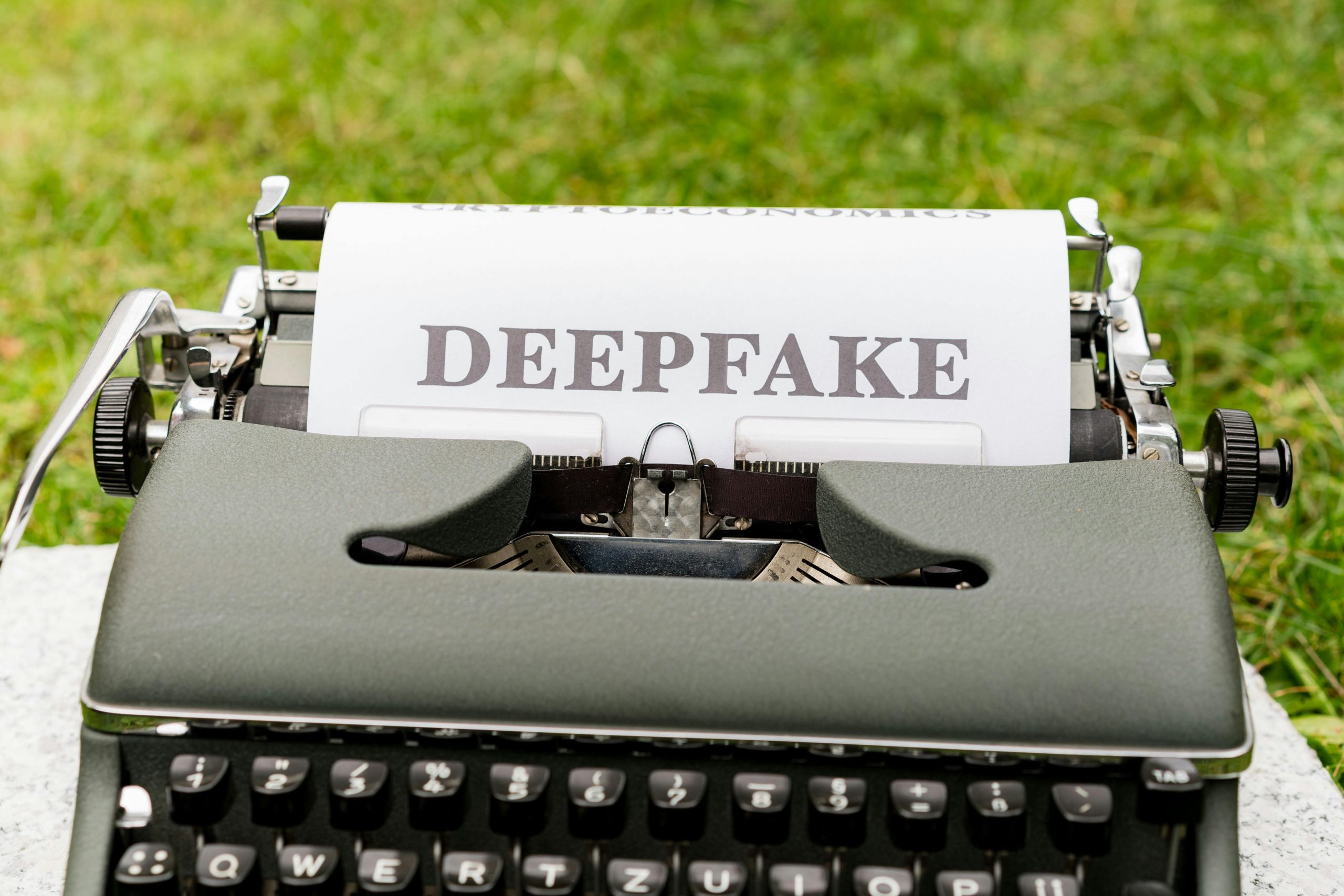374. AI Won’t Steal Our Jobs—It’s Revealing How Many Roles Were Just Intermediaries All Along
The Real Conversation about AI and Employment: Unmasking the Middleman Jobs
In today’s tech-driven landscape, artificial intelligence has sparked widespread concern regarding its impact on employment. Many people fear that AI will lead to job losses, yet this narrative overlooks a more profound reality: a significant number of jobs have historically existed as mere intermediaries in various processes.
As we navigate this transformation, it’s essential to consider that not all roles are equally pivotal. Many positions have revolved around tasks like managing paperwork, directing emails, or serving as a liaison between two decision-makers. These roles, while undoubtedly necessary at times, often act as layers that could be streamlined or eliminated altogether thanks to advancements in technology.
What if our anxiety about AI isn’t really about the machines themselves? Instead, could it be about confronting the uncomfortable truth that many positions we’ve relied on are not as essential as we once believed? AI has the potential to enhance efficiency and innovation, prompting us to rethink how we approach work and redefine our notions of value in the workplace.
AI can serve as a catalyst for change — encouraging businesses to eliminate redundant processes and become more agile. This evolution may challenge us to reassess how we structure our work environments, focusing on roles that require creativity, strategic thinking, and emotional intelligence — attributes that machines cannot replicate.
In conclusion, rather than viewing AI as a threat to employment, we might consider it an opportunity to elevate the workforce and enhance our productivity. By shedding light on the true nature of many jobs, we can begin to embrace a future where technology and human expertise coexist and thrive together.














Post Comment